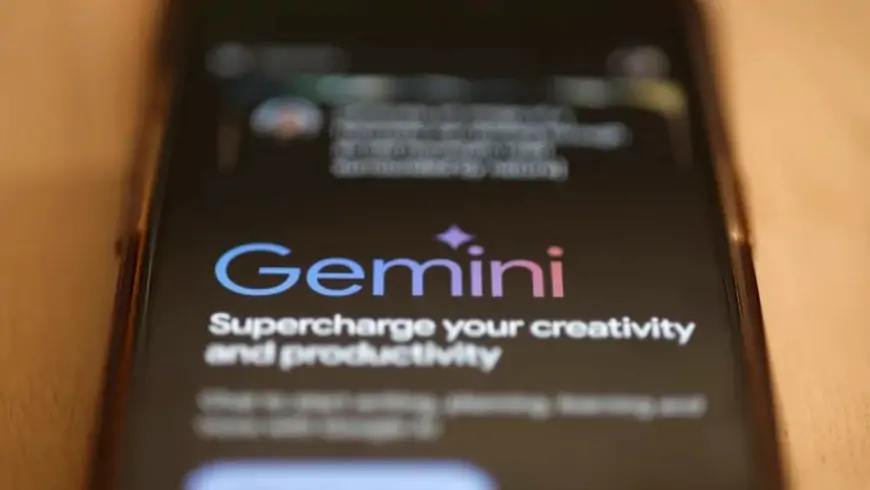Google disables comments on controversial Olympics ad featuring AI
Google has disabled comments on its widely criticized Olympics ad featuring AI. The move follows backlash over the ad's portrayal and content.

The Mountain View company is receiving criticism for its "Dear Sydney" advertisement, which aired during the 2024 Paris Olympics broadcasts. In the ad, a father narrates his daughter's admiration for American hurdler and sprinter Sydney McLaughlin-Levrone. He then uses Google's AI chatbot to compose a fan letter to McLaughlin-Levrone on behalf of his child.
The ad has sparked numerous online complaints, but Google has disabled comments on the 60-second video on YouTube, which it owns.
The "Dear Sydney" ad is polished and charming, featuring adorable footage and concluding with a splash of Eve's 2001 hit "Who’s That Girl?" However, it presents a peculiar take on modern parenting in the AI era. Instead of guiding his daughter's passion through a writing lesson, a father who claims to be "good with words" opts to use AI for help.
In the ad, the father asks the chatbot to assist his daughter in writing a letter. SFGATE found that the chatbot's response was a generic and uninspired message for McLaughlin-Levrone, interpreting "help my daughter write a letter" as simply "write a letter."
Google spokesperson Alana Beale did not address questions about blocking comments on YouTube but minimized the ad’s portrayal of the chatbot’s role. “We believe AI can enhance human creativity but cannot replace it,” Beale said. “Our aim was to create an authentic story celebrating Team USA, highlighting a real track enthusiast and her father, and demonstrating how the Gemini app can offer a starting point or draft ideas for writing.”
The ad sparked anger among some viewers during the Olympics. One person on X criticized the use of AI for parenting moments, stating, “Using AI to outsource important parenting moments is not the way to go.” Another commenter argued, “Can we please encourage children to put their own thoughts on paper in authentic & meaningful ways and not promote more plagiarism?”
Tech and media consultant Shelly Palmer, who offers online courses about AI, expressed strong disapproval on his blog. He criticized the ad’s message, saying, “The story is exactly what we do not want anyone to do with AI. Ever.” Palmer rejected the vision promoted by Google, preferring a world where AI enhances human skills rather than substitutes for human creativity.
The controversy surrounding the ad drew comparisons to Apple’s “Crush” video from May, which depicted various artistic tools being destroyed in favor of an iPad. Apple eventually apologized for that concept as well.
Google’s Olympics ad campaign follows widespread criticism earlier this year, when the company’s generative AI tools were mocked for giving questionable advice, such as suggesting people put nontoxic glue on their pizza and eat a rock daily for vitamins and minerals.












































